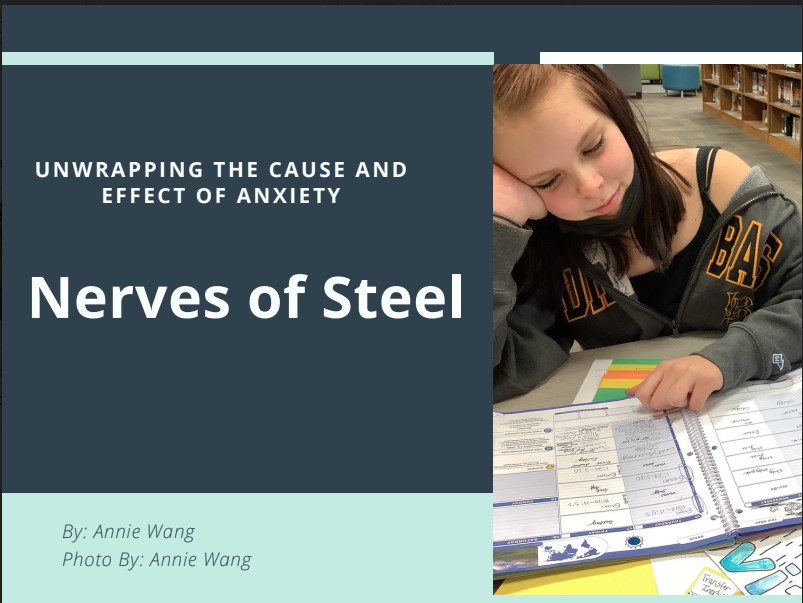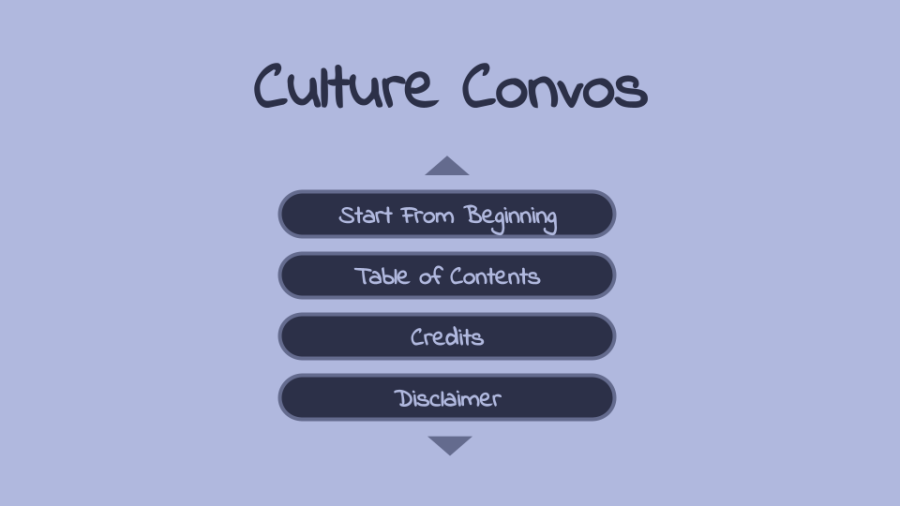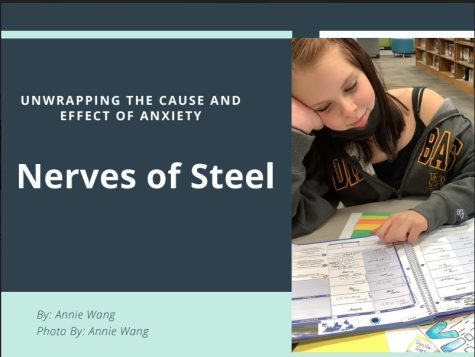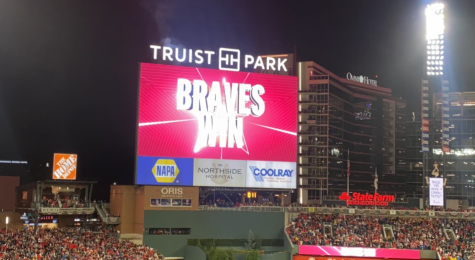Opioid Crisis
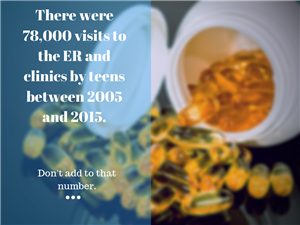
 Georgia, Indiana, and West Virginia had the biggest increases in drug-related foster placements in 2016, because of the fact that parents are not properly able to care for their children. According to the U.S. Department of Health and Human Services, more than 115+ individuals die every single day from opioid overdoses in 2016 and 2017. Opioids are painkillers that control emotion and severe pain. They are prescription medications but are now becoming addictive as well as extremely dangerous. In 2017, there were about 1.7 million people suffered from substance use disorders, that were related to prescription opioids. This is so dangerous that opioid overdoses caused 78,000 visits to the ER and clinics by teens between 2005 and 2015.
Georgia, Indiana, and West Virginia had the biggest increases in drug-related foster placements in 2016, because of the fact that parents are not properly able to care for their children. According to the U.S. Department of Health and Human Services, more than 115+ individuals die every single day from opioid overdoses in 2016 and 2017. Opioids are painkillers that control emotion and severe pain. They are prescription medications but are now becoming addictive as well as extremely dangerous. In 2017, there were about 1.7 million people suffered from substance use disorders, that were related to prescription opioids. This is so dangerous that opioid overdoses caused 78,000 visits to the ER and clinics by teens between 2005 and 2015.
Ways to Prevent Addiction
As soon as your doctor said that you don’t need these painkillers anymore, dispose of them immediately. So that you or other family members might accidentally or purposely ingest it. One way to properly dispose of opioid medication is to participate in a National Prescription Drug Take-Back Day, periodically hosted by the DEA. In October 2018, 4,770 law enforcement agencies participated across the country, collected more than 450 tons of prescription drugs. The Peachtree City Police department will accept any drugs and dispose of them correctly. Some authorized collection sites may even offer mail-back programs or collection receptacles to make the process easier for consumers.
In 2013, the cost of medical care from drug overdose by opioids was an estimated $78.5 billion. On March 18th, 2019, several cities filed a lawsuit against a family that owns a pharmacy. They were accused of telling their customers that their opioids were safe for long time use and that pain was treated at all costs. Make sure to keep track of the medicine you partake of so that you won’t become one of the many people to visit the ER.



